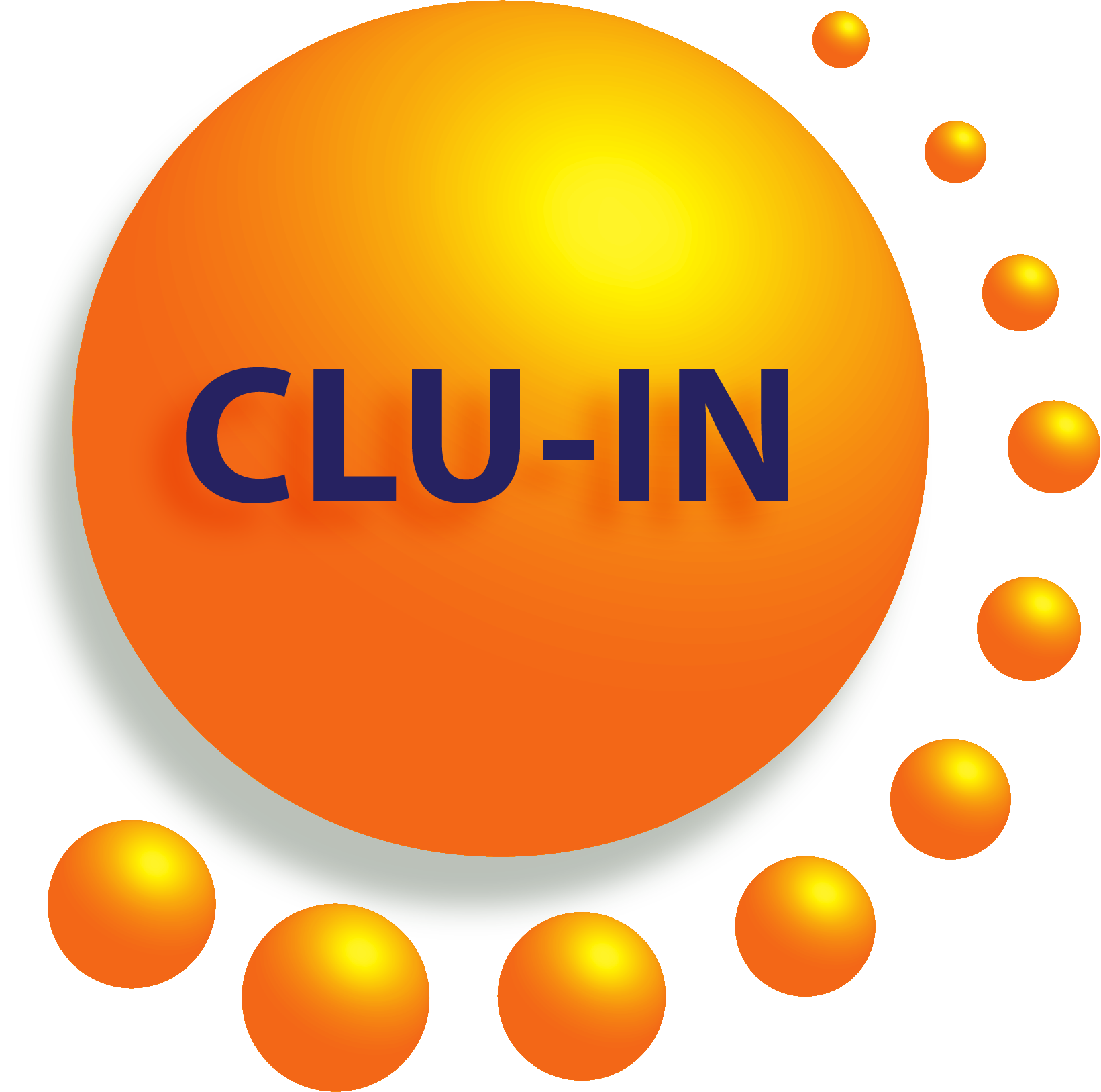SRP Progress in Research Webinar Series: Emerging Technologies in Occupational Health and Safety Training and Education - Session III
Sponsored by: NIEHS Superfund Research Program
The NIEHS Superfund Research Program (SRP) is sponsoring a Progress in Research webinar series, hosted by CLU-IN, to showcase federally funded researchers developing curricula and educational programs focused on emergent technologies in the sphere of occupational health and safety.
The three-part series will highlight researchers' projects, accomplishments, and demonstrate research products — included in this group of researchers are SRP's seven R25 grant recipients as well as participation from the NIEHS Worker Training Program (WTP) and the Center for Disease Control and Prevention's (CDC) National Institute for Occupational Safety & Health (NIOSH).
To learn about and register for the other sessions in this webinar series, please see the SRP website.
University of Utah | Biological Hazard Site Training in Emerging Technologies (BioSTET) for Health and Safety:
Biological hazards present an ongoing threat to occupational health, especially by workers during site cleanup. Research on emerging technologies has offered promising inroads to a creative and integrated resolution of these hazards. However, new academic coursework, as well as further advances in research, are needed. Darrah Sleeth, PhD., and Rod Handy, Ph.D., plan to address their role in solving that research gap on behalf of BioSTET, a collaborative effort between the University of Utah, Cal Poly San Luis Obispo, Montana Tech, and East Tennessee State University, with evaluation activities through the University of California, Los Angeles and Texas A&M University. The goal is to create continuing education (CE) and academic courses in emerging technologies specific to site biological health and safety.
Cell Podium:
Cesar Bandera, Ph.D., will discuss his organization Cell Podium, a digital solutions provider offering products and services for public health and responder training — offering a new dimension of realism and skill development in HAZMAT field training exercises. Lean startup research shows how relationships between innovation ecosystem stakeholders affect the "Valley of Death." The ecosystem of the NIEHS Worker Training Program includes stakeholders from both the training community and the technology community — Cell Podium, a WTP grant awardee being a company that bridges those two communities. Dr. Bandera will present two innovations for HAZMAT training — SensorSim and Virtex — and how this ecosystem facilitated their development and adoption.
Centers for Disease Control and Prevention, National Institute for Occupational Safety and Health (CDC NIOSH):
Elizabeth Maples, Ph.D., will provide a brief overview of the National Institute for Occupational Safety and Health (NIOSH) — an agency with a strong, diverse history of positively impacting worker health and safety. Her presentation will then focus on the NIOSH Training Portfolio that she manages: Education and Research Centers and Training Project Grants. She'll offer a glimpse into the diverse training, research, outreach, and continuing education programs that the NIOSH Training Portfolio has — perhaps leading to opportunities for collaboration.
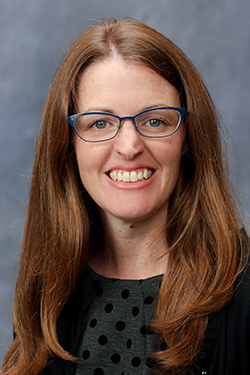 Darrah Sleeth, Ph.D., M.P.H., University of Utah (darrah.sleeth@hsc.utah.edu)
Darrah Sleeth, Ph.D., M.P.H., University of Utah (darrah.sleeth@hsc.utah.edu)
Darrah Sleeth, Ph.D., M.P.H., is an Associate Professor in the Division of Occupational & Environmental Health and the affiliated Rocky Mountain Center for Occupational & Environmental Health. She earned a Ph.D. in Industrial Health and an M.P.H. in Industrial Hygiene & Hazardous Substances from the University of Michigan. Her research interests include exposure assessment for airborne respiratory hazards, particle size selective sampling methods and indoor air quality.
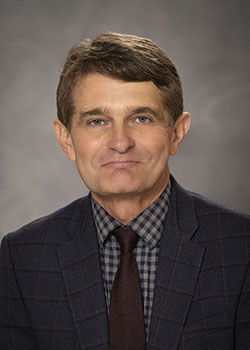 Rod Handy, M.B.A., Ph.D., East Tennessee State University (handyr@mail.etsu.edu)
Rod Handy, M.B.A., Ph.D., East Tennessee State University (handyr@mail.etsu.edu)
Rod Handy, M.B.A., Ph.D., is a professor in the Department of Environmental and Occupational Health and Safety Sciences at East Tennessee State University. Prior to this appointment, Dr. Handy was a professor in the Department of Family & Preventive Medicine at the University of Utah. Dr. Handy received his M.B.A. from Ball State University and a Ph.D. in Environmental Engineering Sciences from the University of Florida. He has been certified in the comprehensive practice of industrial hygiene since 1999. In his career, Dr. Handy has taught a myriad of environmental and occupational health science courses, and his current research interests are in thermal stress assessment, real-time contaminant measurement and characterization, and indoor environmental quality.
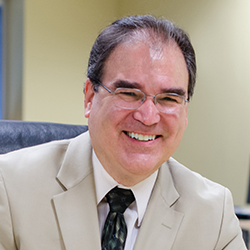 Cesar Bandera, Ph.D, Cell Podium (cesar.bandera@cellpodium.com)
Cesar Bandera, Ph.D, Cell Podium (cesar.bandera@cellpodium.com)
Cesar Bandera, Ph.D, is Founding Partner of Cell Podium, a developer of technologies for responder training including SensorSim, which simulates real-time chemical and radiological exposure and interactive sensors for HAZMAT field exercises, and Virtex, an online multiuser/multirole virtual reality tabletop exercise. Developed under Small Business Innovation Research funding from the NIEHS Worker Training Program, over thirty training organizations use SensorSim and Virtex.
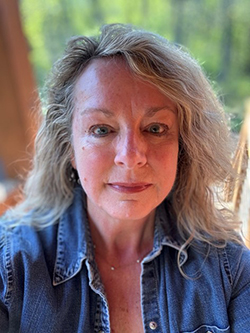 Elizabeth Maples, Ph.D., CDC NIOSH (elm9@cdc.gov)
Elizabeth Maples, Ph.D., CDC NIOSH (elm9@cdc.gov)
Elizabeth Maples, Ph.D., is a Scientific Program Official at CDC NIOSH. Elizabeth brings her years of experience in safety and health to serve as an advocate for her grantees and that in turn promotes the field of occupational safety and health through education, research, training, and outreach. She earned her Ph.D. in Health Education / Health Promotion from a joint program with the University of Alabama at Birmingham (UAB) and University of Alabama. She served as the Deputy Director for the Deep South Center for Occupational Health and Safety (NIOSH Education and Research Center at UAB and Auburn University) for many years. She earned her certification in industrial hygiene through the American Board of Industrial Hygiene in 2018. In 2022, Elizabeth received an Excellence in Workforce Diversity from NIOSH for contributions promoting the creation and support of a diverse NIOSH workforce.
Moderators:
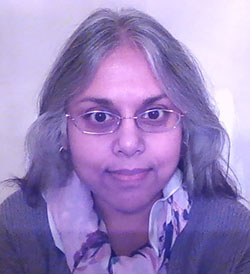 Sudha Pandalai, M.D., Ph.D., CDC NIOSH (gvy5@cdc.gov)
Sudha Pandalai, M.D., Ph.D., CDC NIOSH (gvy5@cdc.gov)
Sudha Pandalai, M.D., is a research physician and epidemiologist in the Risk Evaluation Branch in the Division of Science Integration at CDC NIOSH. She earned her M.D. from the Ohio State University College of Medicine, a Ph.D. in Epidemiology and Public Health from the University of Pittsburgh, Graduate School of Public Health, and a M.S. in Behavioral Neuroscience from the University of Pittsburgh. Dr. Pandalai is a licensed physician and is board certified by the American Board of Preventive Medicine in Occupational Medicine. Her areas of interest include quantitative and qualitative risk assessment of chemical and non-chemical occupational hazards and the translation of quantitative and qualitative risk assessment findings to the occupational medicine clinical setting. Dr. Pandalai also focuses on the development of methods to study and evaluate concurrently occurring risk factors that can affect worker health.
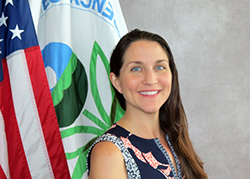 Jean Balent, U.S. EPA Technology Innovation and Field Services Division (balent.jean@epa.gov or 202-566-0832)
Jean Balent, U.S. EPA Technology Innovation and Field Services Division (balent.jean@epa.gov or 202-566-0832)
Ms Balent is on the staff of the EPA's Technology Innovation and Field Services Division where she has worked to collect and disseminate hazardous waste remediation and characterization information since 2003. Ms Balent manages the Clean Up Information Network website and actively supports online communication and collaboration resources available to EPA. She formerly worked with the US Army Corps of Engineers Environmental Engineering Division in the Buffalo District. Ms Balent was also a member of the SUNY-Buffalo Groundwater Research Group where she constructed and tested large scale models of groundwater flow. Ms Balent has also conducted research relating to the Great Lakes, environmental remediation, and brownfields re-development. She holds a Bachelor's degree in environmental engineering from SUNY-Buffalo and a Master's degree in Information Technology from AIU.
Webinar Slides and References:
-
 Slide Presentation for Cesar Bandera, Cell Podium (2.73MB/PDF)
Slide Presentation for Cesar Bandera, Cell Podium (2.73MB/PDF)
-
 Slide Presentation for Elizabeth Maples, CDC NIOSH (2.91MB/PDF)
Slide Presentation for Elizabeth Maples, CDC NIOSH (2.91MB/PDF)
Additional Resources:
- These materials will be available by
Thank you for participating in our webinar. We would like to receive any feedback you might have that would make this service more valuable.
Help & FAQs
- Frequently Asked Questions
- Content Questions?
Call Dylan Williams at 202-982-5717 or dylan.williams@nih.gov - Technical Problems?
Leave us a comment - Cancel Your Registration
- My Participation Records
- CEU Credits and PDHs
Zoom Resources
Before Webinar Day
This seminar will be delivered through Zoom. Participants are encouraged to update to the latest version of the Zoom application for the best experience.
If you are unable to install the Zoom application, most functions will be available if you join just using a modern web browser such as Chrome, Edge or Firefox. We strongly encourage you to run the Zoom Meeting Test prior to attending this webinar. Technical support on the day of the webinar will be very limited and subject to significant delays.
Backup Conference Call
If you cannot participate using online audio, you may join the optional call in line. After checking in for the live event using the instructions listed below, you will see several options to participate. Please click the links in option 4 to follow along by phone and obtain the call in number. If you cannot access the phone number, you may request the call in line from the event moderator in the Q&A or send an email to Jean Balent at balent.jean@epa.gov
Click on "Join Webinar" at the top of this screen, enter your exact first and last name as you registered and enter the number of people attending at your location (including yourself). You should then be taken to the Zoom meeting room. Join with Zoom Application: For those joining with the Zoom application, you may be prompted to sign with a zoom account or join as a guest without signing in.
If joining as a guest, you will be prompted to enter your name and email address. Remember your name, image, video or voice may be visible to others in the live event. When done, click "Join" When it is time for the live event to start, the meeting host will admit you to the live Zoom meeting. Join via web browser (without the Zoom Application): For those joining with a web browser, you may close any pop ups prompting you to download the Zoom app. The next window will allow you to enter your name (first name and last name) and check the box that you are not a robot. Click the blue join button. You may also be asked to provide your email address before joining the room. Remember your name, image, video or voice may be visible to others in the live event. When done, click "Join" When it is time for the live event to start, the meeting host will admit you to the live Zoom meeting. You may need to periodically refresh the browser window to confirm if the host has admitted you. The presenters will control what slide you are viewing. You may submit questions online for the instructors to answer during the webinar by typing in the "Q&A" area. It is not necessary to wait until the question and answer periods to submit questions. At the end of the webinar you will be guided to our feedback form and links to additional resources, including the complete presentation. These links will remain active after the webinar. Provided for your convenience. Importing or accepting the invitation within this iCalendar file is not required, and declining the invitation does not cancel your registration. For additional information on iCalendar, please see our
iCalendar Help It is EPA's policy to make reasonable accommodation to persons with disabilities wishing to participate in the agency's programs and activities, pursuant to the Rehabilitation Act of 1973, 29 U.S.C. 791. Any request for accommodation should be made to at or , preferably one week or more in advance of the webinar, so that EPA will have sufficient time to process the request. EPA would welcome specific recommendations from requestors specifying the nature or type of accommodation needed. EPA welcomes specific recommendations from requestors specifying the nature or type of accommodation needed. Please note that CLU-IN provides both alternate phone call-in options and closed captioning for all webinars, and requests for these specific accommodations are not necessary.
Webinar Day, Checking In
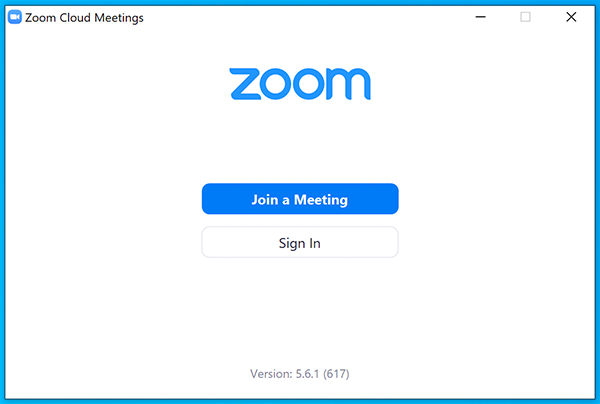
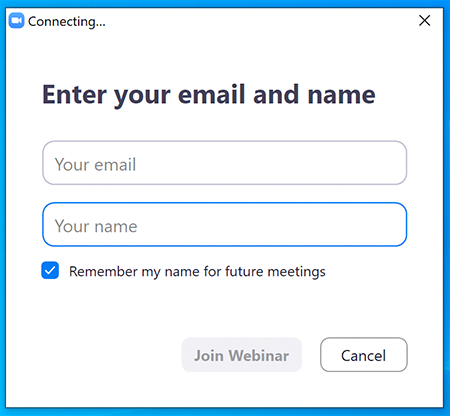
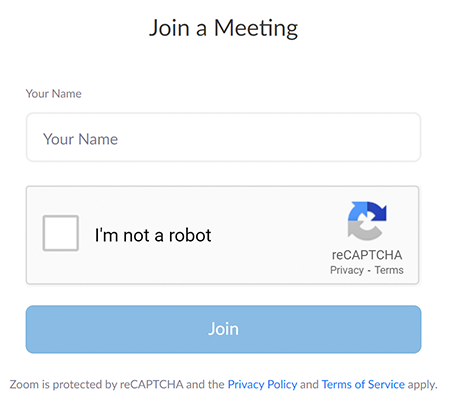
Moving Through Slides
Feedback & Links to Additional Resources
iCalendar File
Rehabilitation Act Notice for Reasonable Accommodation
Rehabilitation Act Notice for Reasonable Accommodation
It is EPA's policy to make reasonable accommodation to persons with disabilities wishing to participate in the agency's programs and activities, pursuant to the Rehabilitation Act of 1973, 29 U.S.C. 791. Any request for accommodation should be made to at or , preferably one week or more in advance of the webinar, so that EPA will have sufficient time to process the request. EPA would welcome specific recommendations from requestors specifying the nature or type of accommodation needed. EPA welcomes specific recommendations from requestors specifying the nature or type of accommodation needed. Please note that CLU-IN provides both alternate phone call-in options and closed captioning for all webinars, and requests for these specific accommodations are not necessary.
Webinar Recording
By participating in this CLU-IN webinar, you automatically agree to authorize recording of audio and visual content presented during this live event and consent to subsequent use of this recording in the public domain by the U.S. Environmental Protection Agency. This recording may include questions, comments and poll responses provided by you during the live event in addition to your name, voice, image or likeness. This recording will be made available after the conclusion of the live event as part of the CLU-IN webinar archives, and will remain available indefinitely. If you do not wish to consent to the recording, please do not join the live event, and contact Jean Balent at 202-566-0832 or balent.jean@epa.gov to discuss your concerns.
Content Disclaimer
This webinar is intended solely to provide information to the public. The views and opinions expressed as part of this webinar do not necessarily state or reflect those of the U.S. Environmental Protection Agency. It is not intended, nor can it be relied upon, to create any rights enforceable by any party in litigation with the United States, or to endorse the use of products or services provided by specific vendors. With respect to this webinar, neither the United States Government nor any of their employees, makes any warranty, express or implied, including the warranties of merchantability and fitness for a particular purpose, or assumes any legal liability or responsibility for the accuracy, completeness, or usefulness of any information, apparatus, product, or process disclosed, or represents that its use would not infringe privately owned rights.

